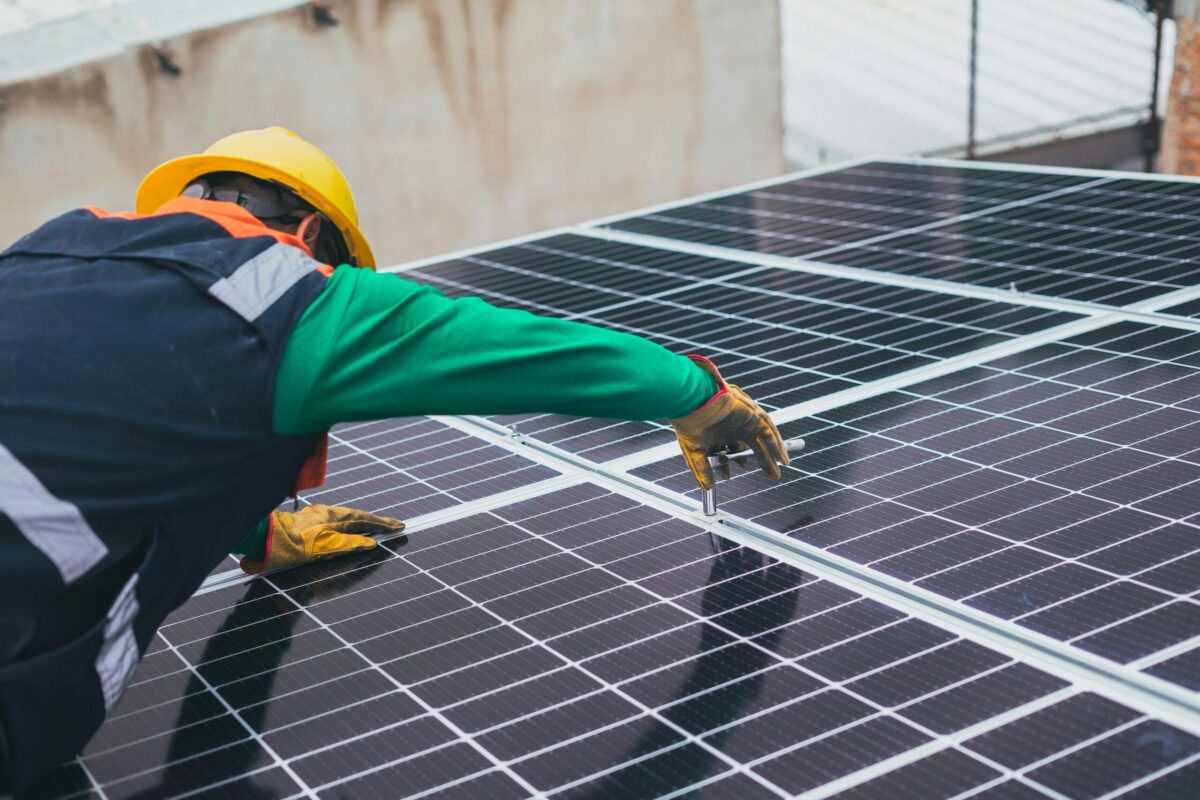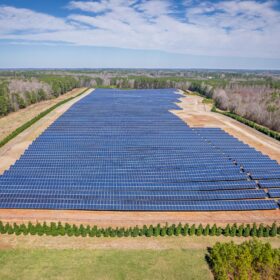Clearway Energy Group completed construction and reached commercial operations at its Mililani Solar I plant. This is Clearway’s fourth solar plant on O’ahu and the island’s first utility-scale solar and battery storage power plant. The solar power plant advances the state’s goal of 100% renewable energy by 2045. Hawaii is currently ranked 16th for solar installations by capacity, according to the Solar Energy Industries Association, with 17.68% of its electricity needs being generated by solar.
“Hawai’i has long led the nation in the transition to reliable carbon-free power. Today’s celebration of O‘ahu’s first major solar and energy storage plant is evidence that that ambition is well within reach,” said Craig Cornelius, CEO of Clearway. “We’re proud to help Hawai’i achieve its clean energy goals and we are grateful to Hawaiian Electric, whose partnership has been critical in reaching this important milestone.”
The 39 MW Mililani Solar power plant is paired with a 156 MWh battery storage system and includes over 123,000 photovoltaic panels, each measuring 6.5-feet tall and slightly more than three feet wide. The tracker-based solar power plant, located on 131 acres in Mililani Agricultural Park, will enhance grid reliability and provide grid services at a critical time with the decommissioning of the state’s last coal plant in September. “Renewable energy is critical to Hawai‘i to be more affordable and resilient,” said Governor David Ige. “We are a step closer to that goal today because of the Clearway team, which understood the urgency and stepped up to deliver their project ahead of schedule.” “Projects like this one help our customers by providing electricity to the grid at one-third the cost of oil and help Hawaiʻi by moving us on the path to a decarbonized energy system,” said Shelee Kimura, president and CEO of Hawaiian Electric. “Working with experienced energy developers like Clearway, we will be bringing eight additional projects online over the next two years on Oʻahu, providing even greater benefits to our communities.”
Clearway has developed and operated renewable power plants in Hawai‘i for the past four years. In 2019, the company completed the construction and commissioning of three utility-scale solar facilities: a 45.9 MW site in Waipi‘o, a 14.7 MW in Mililani, and a 49 MW site in Kawailoa on O‘ahu’s North Shore. Construction of Clearway’s second solar and battery storage plant in Waiawa, being built on Kamehameha Schools land, is expected to be complete later this year. The company broke ground on Mililani Solar power plant in April 2021 and installation was completed ahead of schedule.
Mililani Solar and Clearway’s second solar and storage plant under construction in Waiawa are together expected to contribute $9 million in taxes to the City and County of Honolulu. More than 240 local union jobs were created during construction of both plants and a permanent workforce will support ongoing operations and maintenance. Altogether, Clearway’s five solar power plants totaling 185 MW will serve Hawaiian Electric’s grid and generate enough clean electricity to power more than 45,500 O‘ahu homes each year.
“Wärtsilä is proud to be leading the clean energy economy in Hawaii and addressing climate change in partnership with Clearway Energy Group and Hawaiian Electric. Power system optimization technology and flexibility solutions such as energy storage play a key role in balancing the state’s renewable energy power systems and ensuring power reliability for island residents,” said Håkan Agnevall, president and CEO, Wärtsilä.
Project construction was led by Moss and the batteries were supplied by Wärtsilä.
This content is protected by copyright and may not be reused. If you want to cooperate with us and would like to reuse some of our content, please contact: editors@pv-magazine.com.









Is Wartsila manufacturing these battery packs? They really need to get moving on a name change!